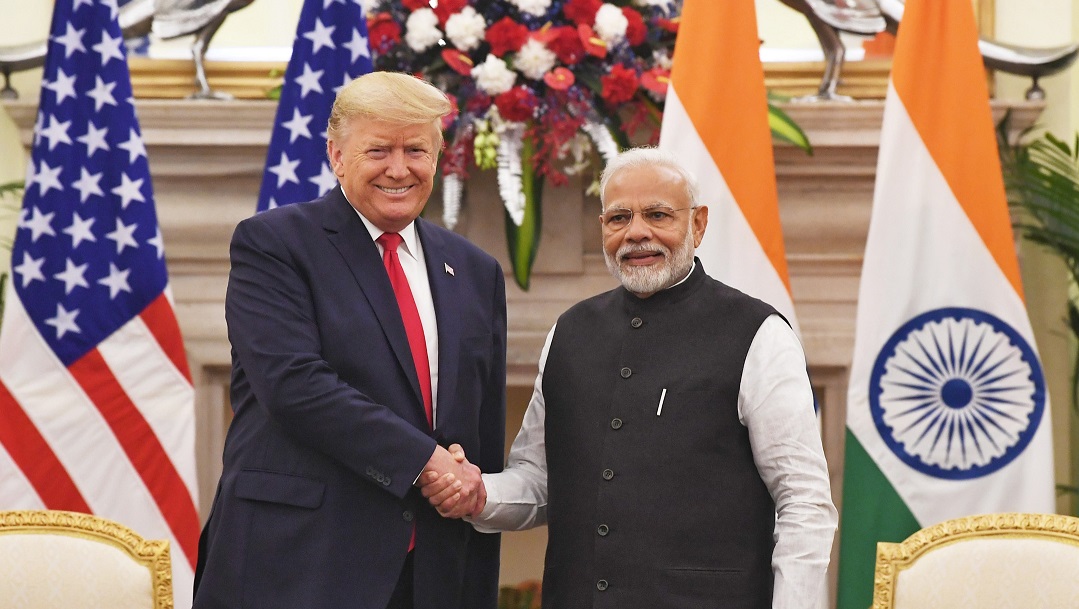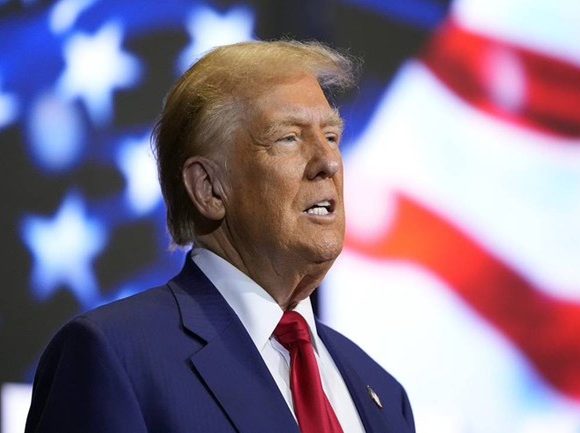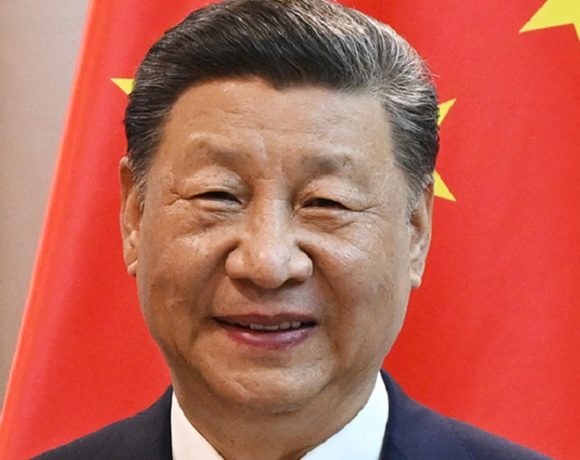
Trump Says India Tariff Talks ‘Going Great’, Expects Deal Soon
U.S. President Donald Trump has signaled optimism about the ongoing tariff negotiations with India, stating that discussions are progressing smoothly and a trade deal is likely in the near future. Speaking to reporters, Trump said, “Tariff talks with India are going great. I think we’ll have a deal,” suggesting that a breakthrough may be imminent in the high-stakes dialogue between the two nations.
Trade officials from both sides have been holding rounds of discussions to finalize a framework that would result in what is being described as “early mutual wins” by fall 2025. Key sectoral meetings are expected to be held in person by late May to iron out remaining details of the agreement.
India Offers Concessions to Avert Tariff Escalation
India has reportedly offered several trade concessions to the U.S. to prevent the imposition of a proposed 26% reciprocal tariff. Among the key offers on the table are reduced duties on American frozen meat and agricultural imports. In return, India is seeking tariff relaxations for its exports in labor-intensive sectors such as textiles and leather, as well as long-term preferential access in pharmaceuticals, engineering goods, and electronics.
The deal is being framed under the broader strategic objective of strengthening Indo-U.S. economic ties while avoiding a tariff war that could affect supply chains and inflationary pressures in both countries.
Trade Deal Hints and Economic Stakes
Commerce Secretary Howard Lutnick had earlier announced that a major trade deal had been finalized with an unnamed country, pending approval from that nation’s head of government and parliament. While no official name was disclosed, President Trump’s comments have strongly indicated India as the likely partner.
The economic significance of such a deal is high. India currently accounts for approximately 3% of total U.S. imports, while the U.S. trade deficit with India stood at $45.7 billion in 2024. With Trump’s administration focused on implementing one-for-one tariff parity under a “reciprocal trade” framework, India represents a key player in the administration’s broader economic strategy.
If concluded, the agreement would mark a major milestone in Indo-U.S. trade relations, balancing protectionist priorities with the need for mutual market access in a changing global economic landscape.


















